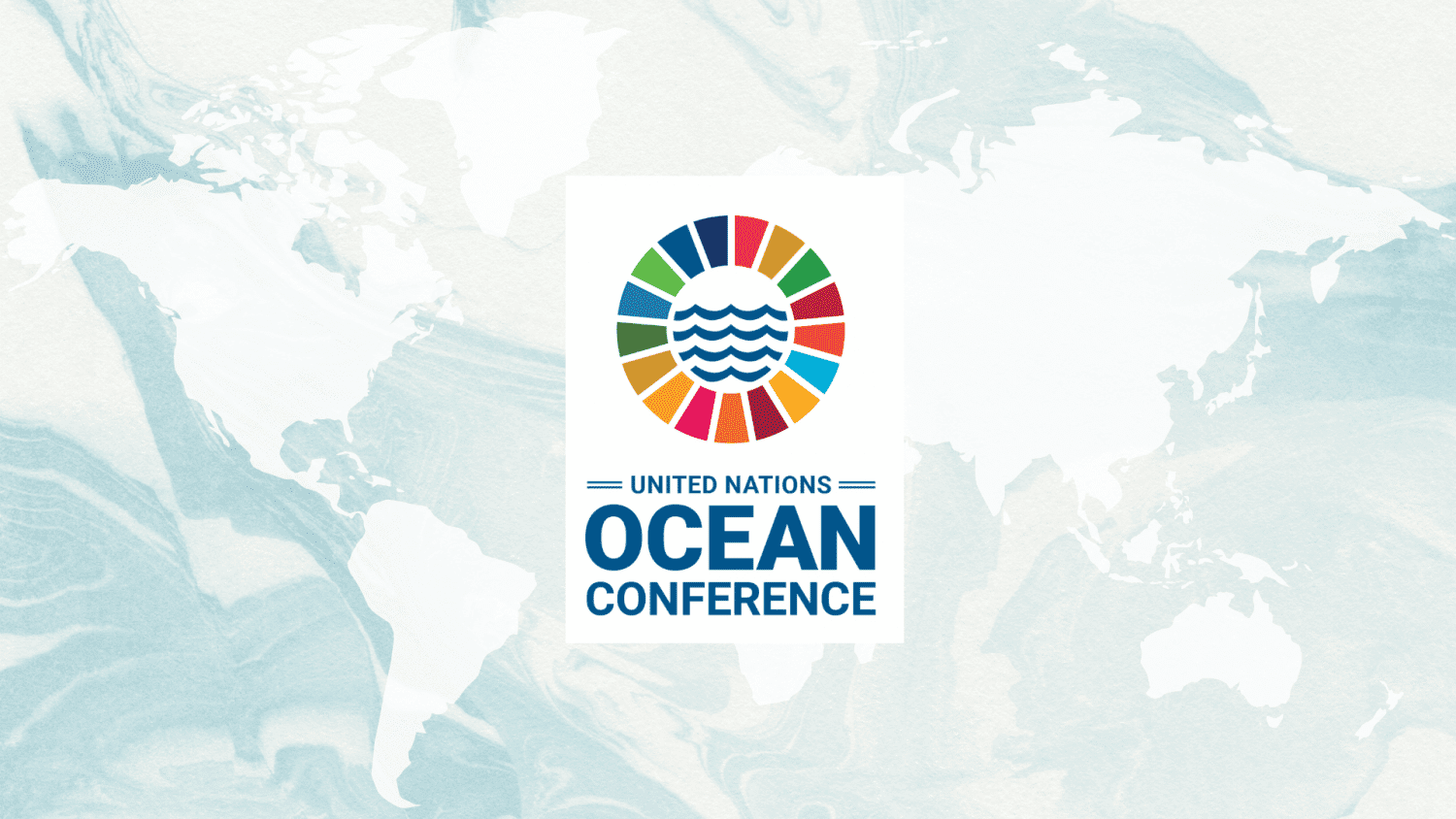Home » UN Ocean Conference concludes in France
UN Ocean Conference concludes in France

In Nice, France, the third UN Ocean Conference will conclude after a week of multilateral meetings between world leaders and scientists.
The ratification of the High Seas Treaty, an initiative to preserve maritime ecosystems, remains the focal point of this week’s conference. The first-of-its-kind agreement will classify 30% of international waters as marine protected areas by 2030. The agenda includes addressing further issues such as plastic pollution, over-fishing, and bottom trawling. Moreover, US President Donald Trump’s executive order to extract minerals in international waters has brought the issue of deep-sea mining to the forefront of the conference’s dialogue. Publicly condemning President Trump’s actions, French President Emmanuel Macron has already called for a moratorium on deep-sea mining’s ‘predatory’ economic practices.
The High Seas Treaty will most likely be ratified at this conference and marine protected areas will probably take effect by January 2026. However, the logistical implementation of these marine protected areas may take several years to enforce. Nonetheless, the treaty represents a crucial first step in establishing fishing regulations and protecting biodiversity in international waters. Despite this, the potential backlash from the fishing industry may pose a cause for concern for Macron and other world leaders. As the conference concludes, delegations will now finalize the Nice Ocean Action Plan, a declaration of additional voluntary commitments, which will be presented to the UN next month. Going forward, ongoing negotiations regarding deep-sea mining are likely to continue dominating the multilateral discourse on international waters.
Anish is a Geopolitical Risk Analyst for the Daily Brief. He is a student of international politics and foreign policy at Georgetown University’s Walsh School of Foreign Service.
